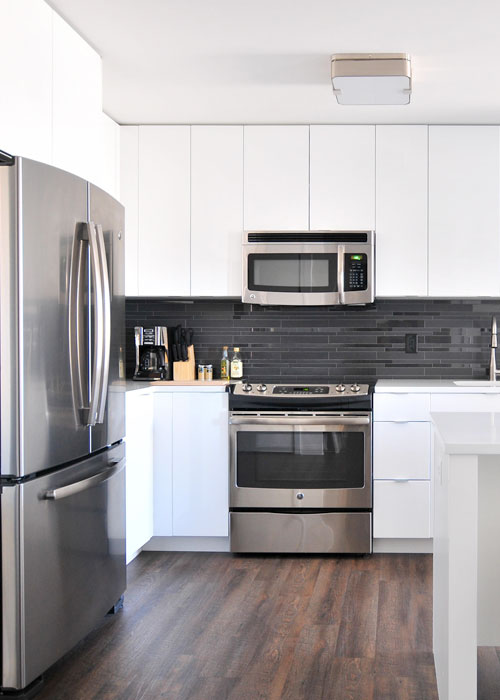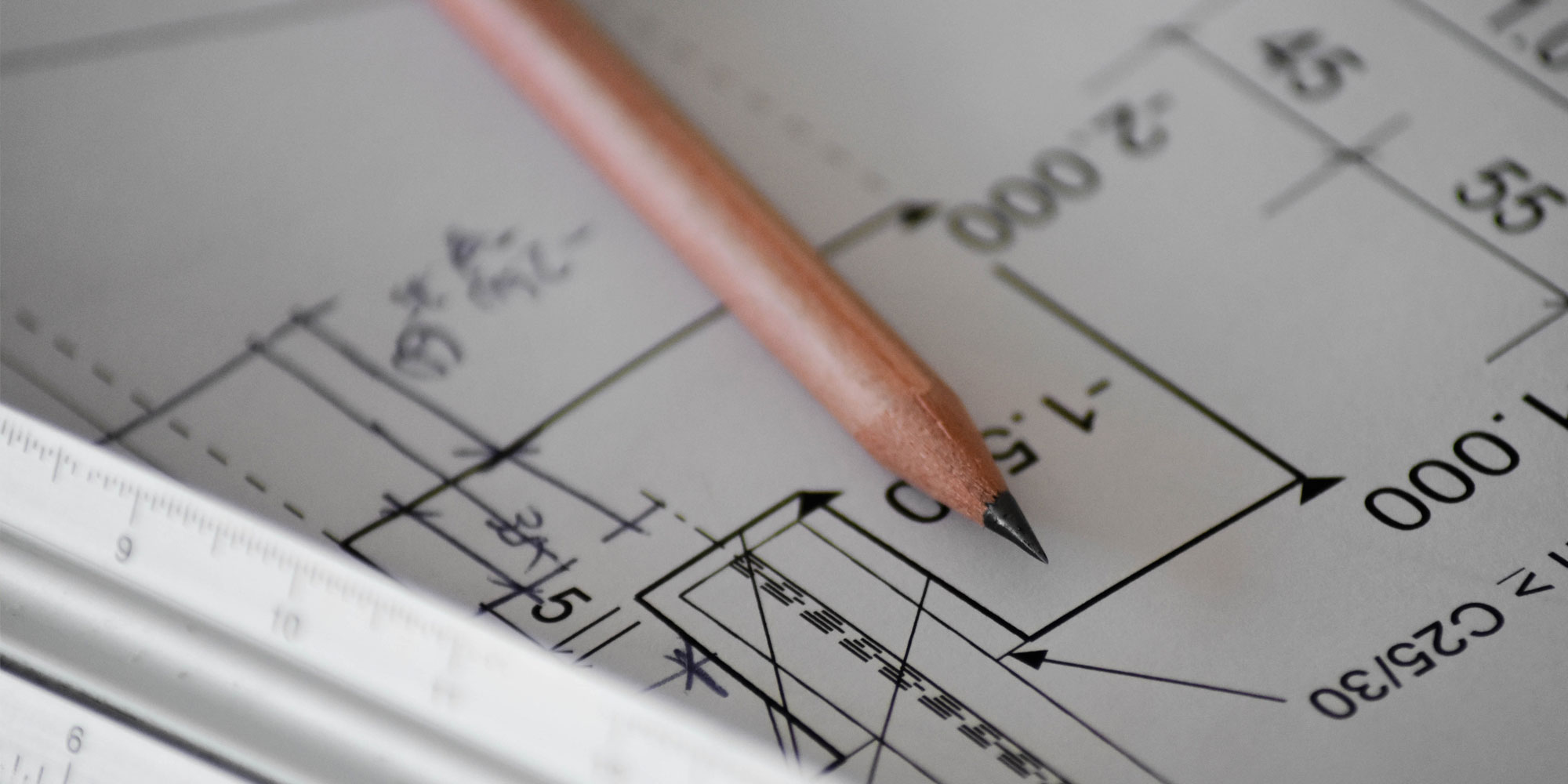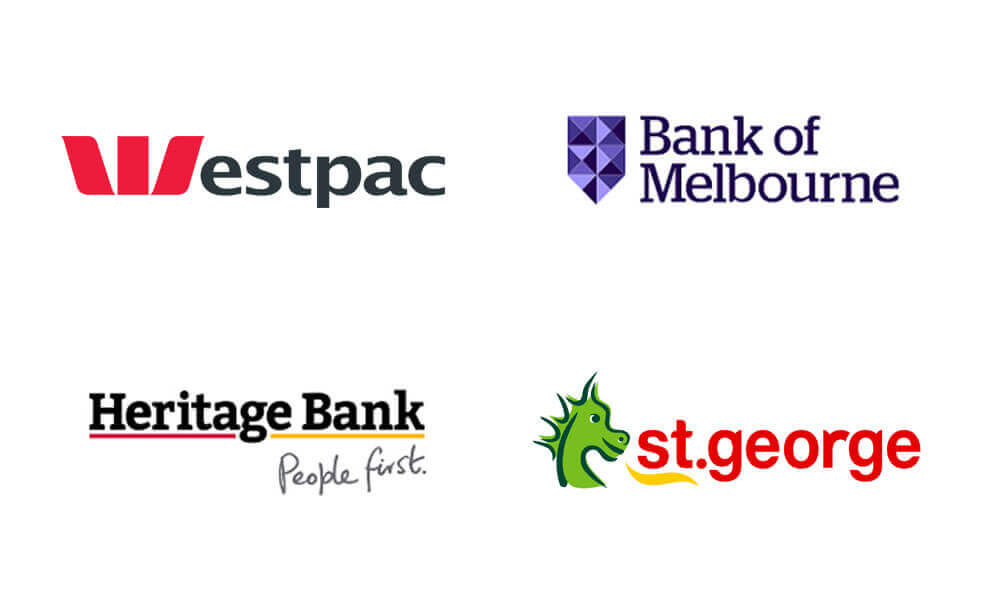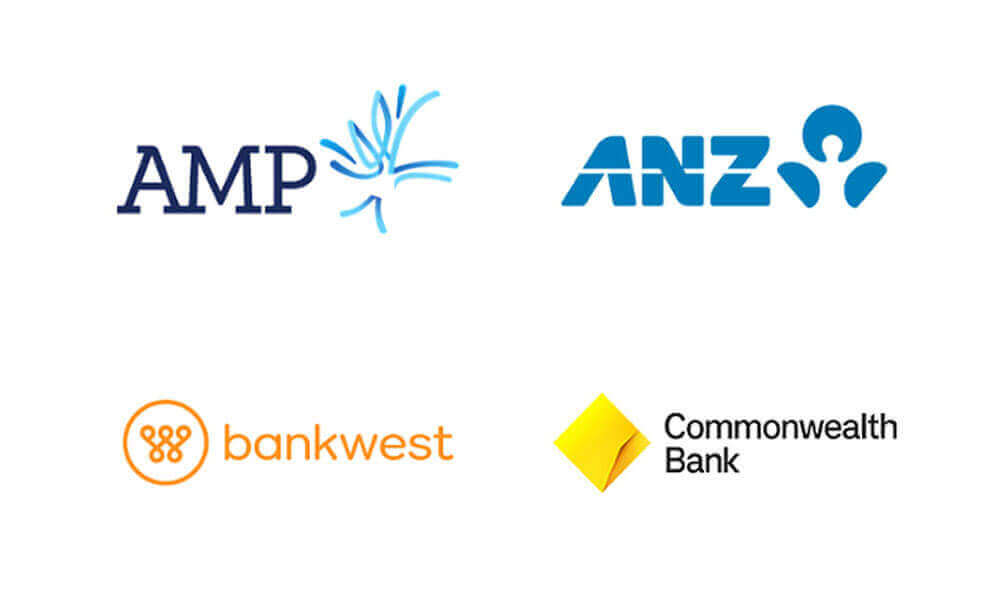
A step-by-step guide to property investing
Discover simple tips to get started on your property investing journey, including common wealth-creation strategies…

Can you buy an investment property on a small budget? The simple answer is ‘absolutely’! You don’t necessarily need to be pulling in the big bucks to afford an investment property. By making smart decisions, there’s no reason why you can’t join the millions of Australians who own an investment property.
Of course, it’s best to seek advice from a financial planner before making any big decisions, but here are some scenarios that may work for you.


Use your existing equity
If you already have a mortgage, you may be able to use your existing equity to buy your next property.
Equity is the difference between the market value of your property and your loan balance. Say your property’s market value is $800,000 and you owe the bank $500,000, your equity is $300,000.
If your property’s value has increased or you’ve paid down your mortgage somewhat, you may consider refinancing your current loan to unlock your equity. Essentially this works in place of you needing to have the actual savings to buy an investment property.
Go regional
If your budget is tight and you can’t afford to invest in a major city, explore regional areas.
Many regional areas are in fact outperforming capital cities during the pandemic period in terms of vacancies, rents and prices.
For inspiration, check out PRD Stand Out Regions: Top 10 Affordable Regional Areas 2021 report. Based on affordability, property trends, investment considerations, project development and the unemployment rate, these areas were standouts:
Consider a partnership agreement
Another option that may work for you is a partnership agreement, or a joint real estate investment.
This is essentially where someone agrees to purchase the investment property with you, either by paying the deposit or with some other type of arrangement.
Even though you’ll share in the ownership, it may be worth considering this option if it allows you to get a foot up on the property ladder sooner rather than later.
It’s important to consider the implications of going down this road and to seek legal advice so all parties are clear about how it would work.
Investigate buying off-the-plan
When buying off-the-plan, you sign the contract of sale and pay a deposit (usually only 10%), with the balance due when it’s finished.
As such, you can secure an investment property with a smaller deposit, then have potentially 1-2 years to prepare yourself financially while the property is being built.
Another benefit is that the price is locked in at the time the contract is signed, so even if the value of the property goes up during construction (yay!), the price is set.
There can be numerous risks with buying off-the-plan, including the potential for the property’s value to decrease during the build, so it’s best to do your research.
Want to explore your finance options?
Speak to us today and we’ll explain what kind of finance is available to help you achieve your goals!

Discover simple tips to get started on your property investing journey, including common wealth-creation strategies…

There’s a definite ‘art’ to successfully preparing for a family holiday. Now that school is…
We can help get you into your new home.
We’ve worked with clients across Australia to access the different first home owner grants (FHOG) as well as the various stamp duty and other concessions that may be available depending on which state you are in. We can talk you through your various options as well as helping you compare things like buying vacant land vs. an established home.
Use our online calculators to work out how much you can borrow, loan repayments, stamp duty and lots more.






